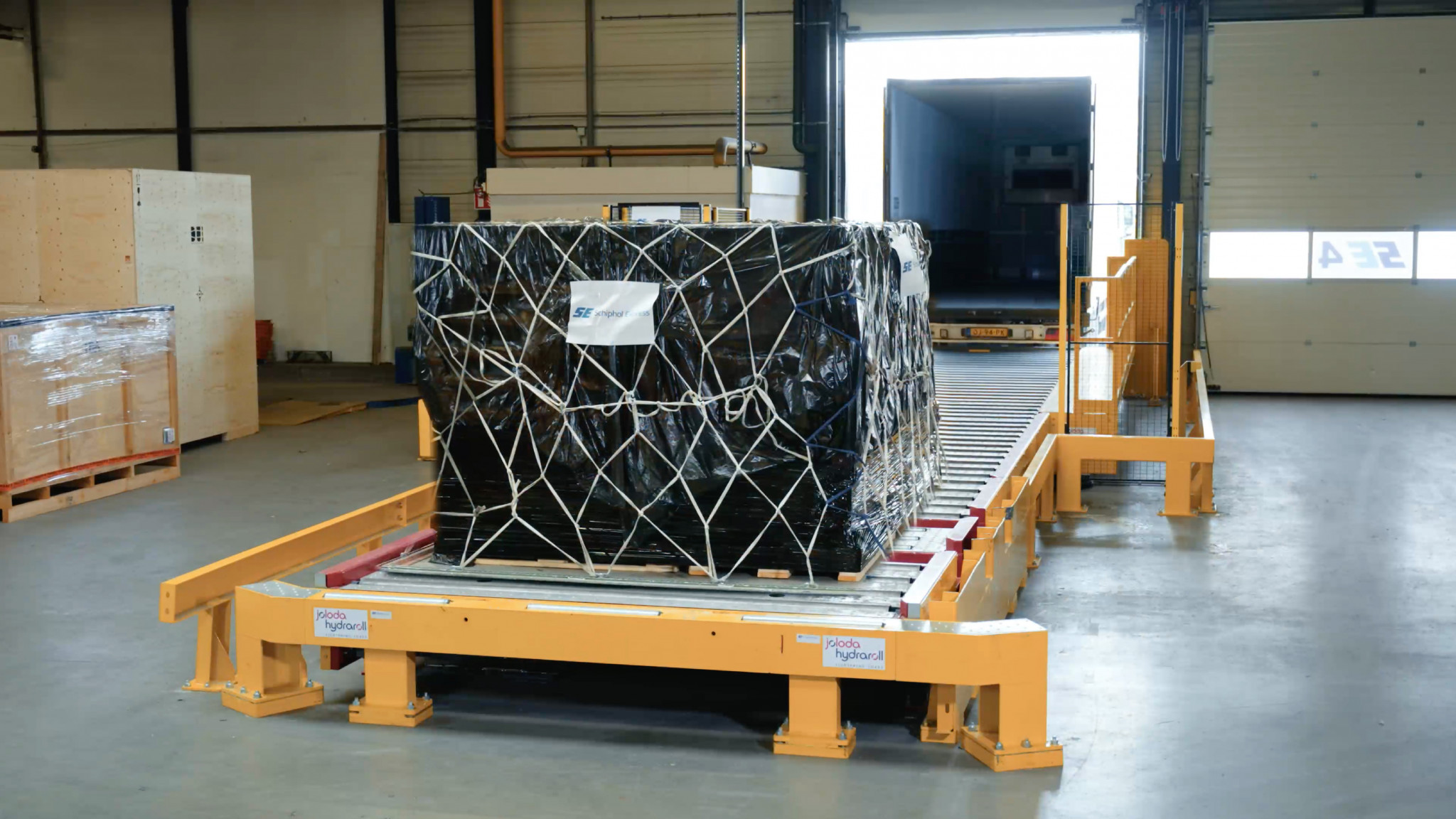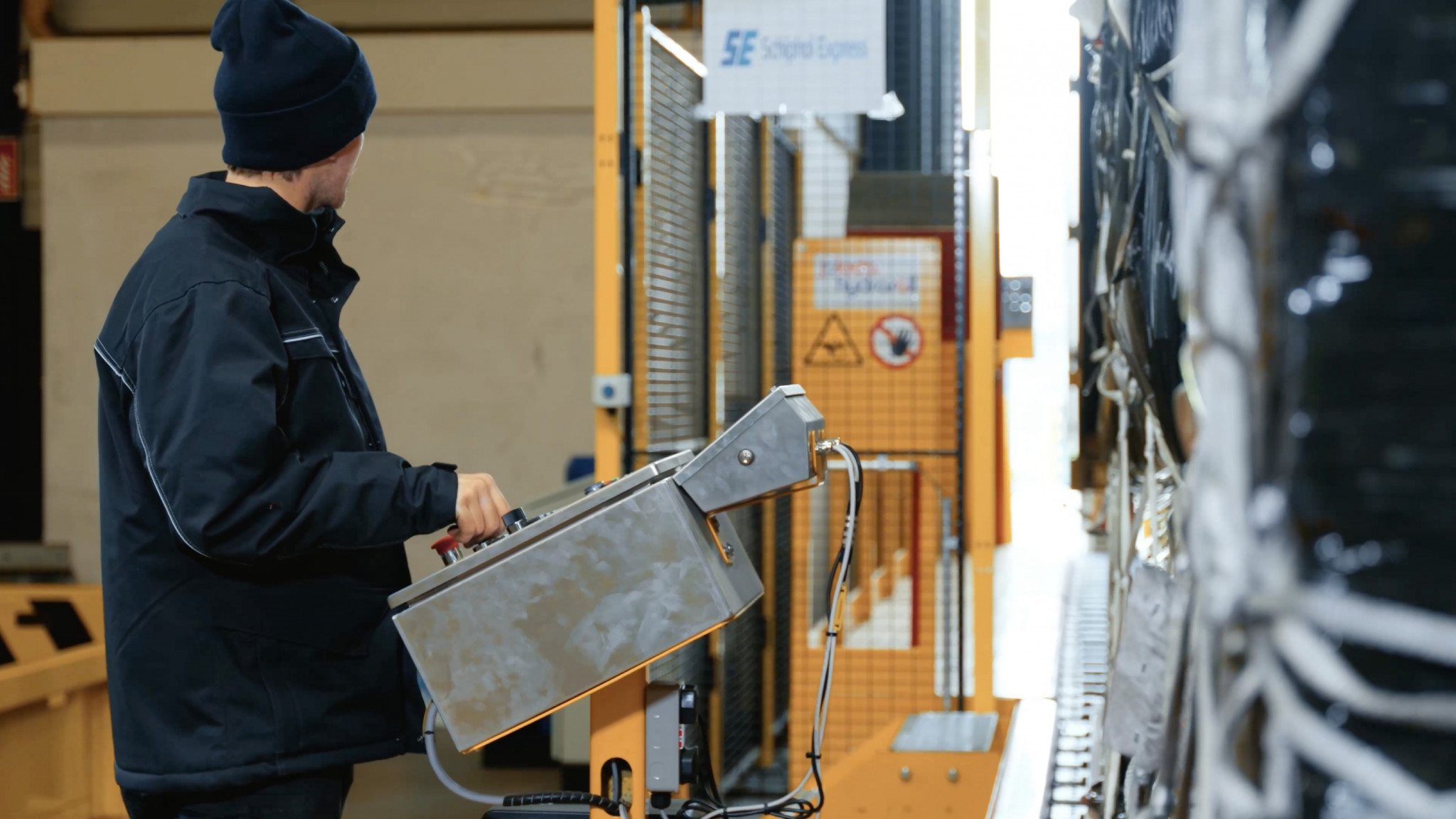Körber Supply Chain Software, a joint venture between Körber AG and KKR recently introduced its new company brand, Infios. Logistics Business spoke to Tim Moylan (pictured below), Chief Growth Officer, to learn about the thinking behind the re-brand.
Logistics Business: What was the thinking behind the new name? The letter ‘I’ is always very popular for software – any concerns about distinctiveness?
Tim Moylan: “Yes, the name Infios is intentional. ‘Info’ represents infinite possibilities and the critical role of information across modern supply chains. ‘OS’ nods to our role as a flexible, intelligent operating system that connects and orchestrates execution across transportation, warehousing, and beyond. While the letter ‘I’ is indeed popular in tech, we feel the name Infios properly conveys what we want to signal to our customers —both current and future. In the end, it’s more than a name — it’s a promise to deliver agility, scalability, and intelligence across the most dynamic parts of the supply chain.”
Logistics Business: Was the rebrand made necessary by the MercuryGate acquisition? What else drove it?
Moylan: “The rebrand reflects a broad transformation, signifying our commitment to delivering a fully connected, end-to-end, best-in-class supply chain execution platform — seamlessly integrating warehousing and fulfilment, transportation, order management and commerce, AMR and voice. With this transformation, Infios stands as a true supply chain execution leader, providing adaptable solutions that empower businesses of all sizes to simplify, optimize, and accelerate their supply chain operations. While the MercuryGate acquisition was a catalyst for the rebrand, we are very respectful of all our acquired companies. They all helped us reach the point where we could rebrand, and all the innovation they have delivered make us the supply chain execution powerhouse we are today.”
Logistics Business: Infios will still work closely with Körber for integrating warehouse automation. Will that be exclusive, both ways? How does the rebrand affect the relationship between the companies?
Moylan: “Our partnership with Körber remains strong and collaborative. Infios will continue to integrate with Körber’s warehouse automation offerings, just as we will with other partners. The relationship is not exclusive either way; it’s about delivering what’s best for customers. The rebrand clarifies our role in the ecosystem – we are focused on supply chain execution solutions, which means being open and agile in how we collaborate across the supply chain technology landscape.”

Logistics Business: What is the growth objective for Infios?
Moylan: “Our regional and solution diversity allows us to grow across many dimensions, closely aligned with the growth strategies of our customers. Our short-term focus is on strengthening our foundation, driving execution and delivering measurable impact. A key priority is enhancing customer success by improving implementation, support and account management, ensuring that our customers derive maximum value from our solutions. Innovation remains at the forefront, as we continue to advance our cloud, AI, and automation capabilities, making our solutions more adaptable and future-ready. Additionally, we are focused on driving revenue growth, expanding our market reach through a strong go-to-market strategy, increased cross-sell opportunities and deeper industry partnerships.”
Logistics Business: Will you be extending the product range/offering?
Moylan: “The rebrand is just the beginning. Infios will continue to build out our product ecosystem — strengthening our core offerings like TMS, WMS and OMS while also exploring adjacent areas that support end-to-end supply chain execution. We’re actively listening to customers and aligning our roadmap with what they need to thrive in an increasingly complex supply chain environment.”
Logistics Business: Do you anticipate further acquisitions?
Moylan: “We’re open to acquisitions that align with our mission and enhance our value to customers. As supply chains grow more interconnected, strategic acquisitions can help us accelerate innovation and expand capabilities. That said, we’re just as focused on organic growth — delivering consistent, scalable improvements to our platform and ensuring every customer gets the most from their investment with Infios.”
similar news







